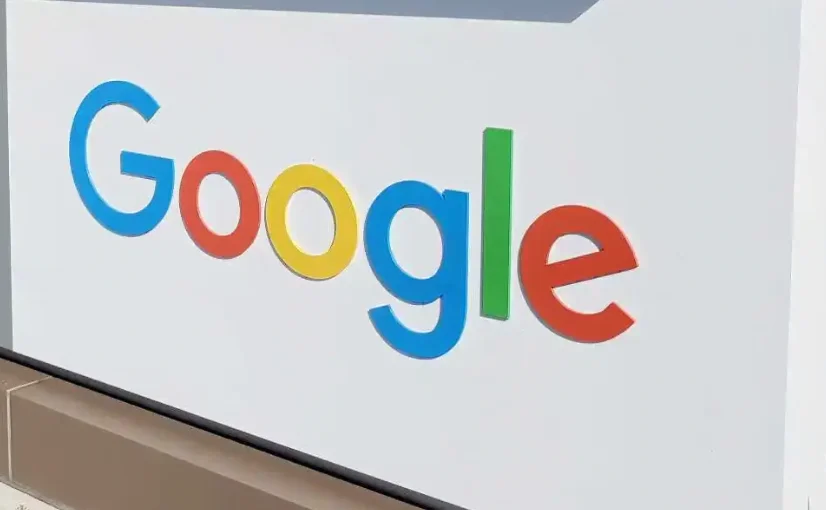Google, the parent company of YouTube, responded to a report alleging that YouTube advertisers collect data from minors who watch videos on the platform by saying it has “strict policies” around children’s content.

Google published a blog post on August 18, a day after the report surfaced, reiterating its “strict privacy standards around made-for-kids content,” which is YouTube content designed to be viewed by children.
The BigTech titan stated that it had prioritized the development of kid-specific products such as YouTube Kids and monitored accounts.
“We’ve invested a great deal of time and resources to protect kids on our platforms, especially when it comes to the ads they see…”
It also stated that it had implemented a global restriction on age-sensitive and personalized advertisements for users under 18.
It also stated that it had implemented a global restriction on age-sensitive and personalized advertisements for users under 18. Additionally, the document clarified that third-party trackers are prohibited from ads appearing in children’s content.
Analytics, a data analysis and transparency platform, published a 206-page report on August 17 alleging that advertisers on YouTube may be “inadvertently harvesting data from millions of children.”
Among the claims made by the report are that the presence of cookies indicates a “breakdown” of privacy and that YouTube transmits an “undisclosed persistent, immutable unique identifier” with no explanation as to why it collects it, even on videos produced for children.
A New York Times article also reported on the Analytics research, emphasizing an instance in which an adult-targeted advertisement from a Canadian bank was displayed on a video label for children.
Analytics reported that surveillance software from Google, Meta, Microsoft, and other companies was installed on the user’s browser after the user clicked on the advertisement.
Concerns about Google’s privacy and data collection standards have been expressed recently, as the company has released more products incorporating artificial intelligence (AI).
On July 11, Google was slapped with a lawsuit over its new AI data-scraping privacy policy updates, with prosecutors claiming to represent millions of users whose privacy and property rights have been violated.
Less than a month later, a report analyzing AI-powered extensions for Google’s Chrome web browser concluded that two-thirds could compromise user security.
On August 15, Google recently released a series of search engine enhancements incorporating sophisticated generative AI features.
